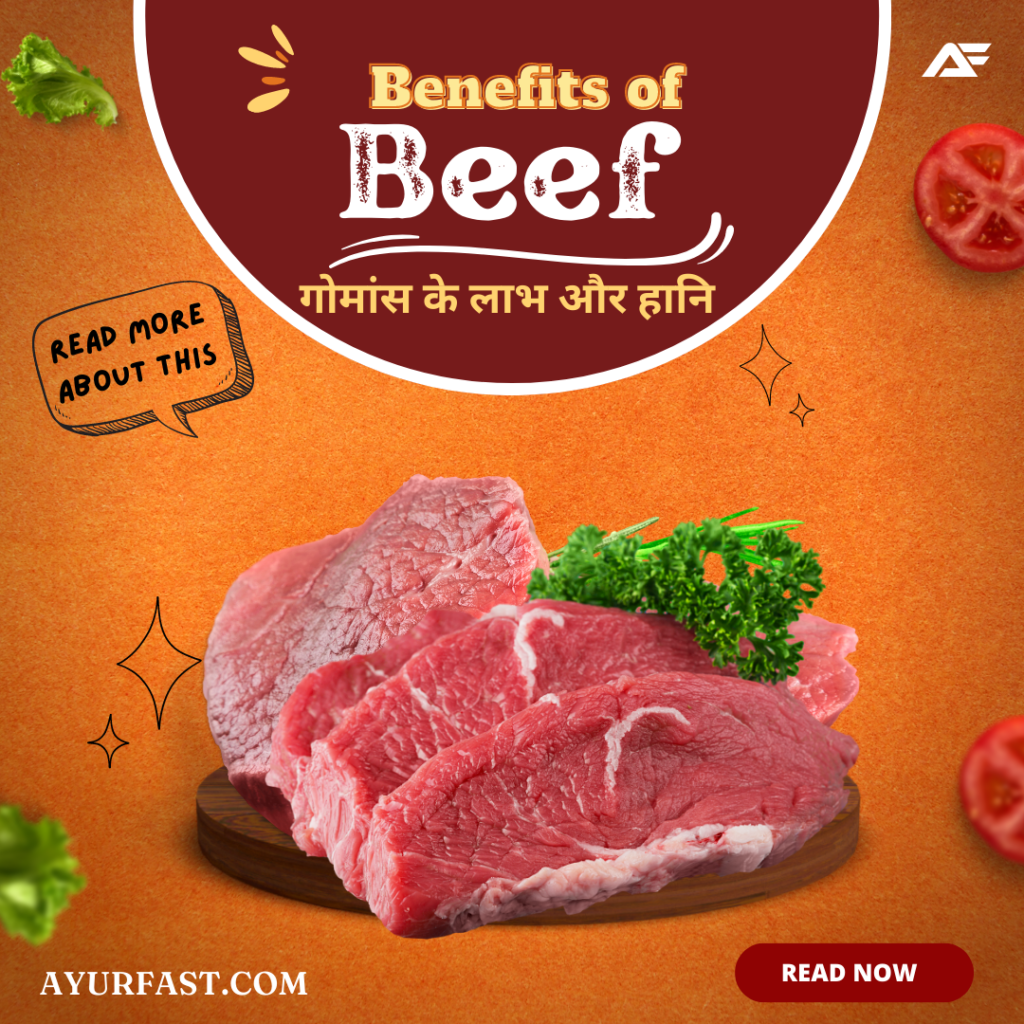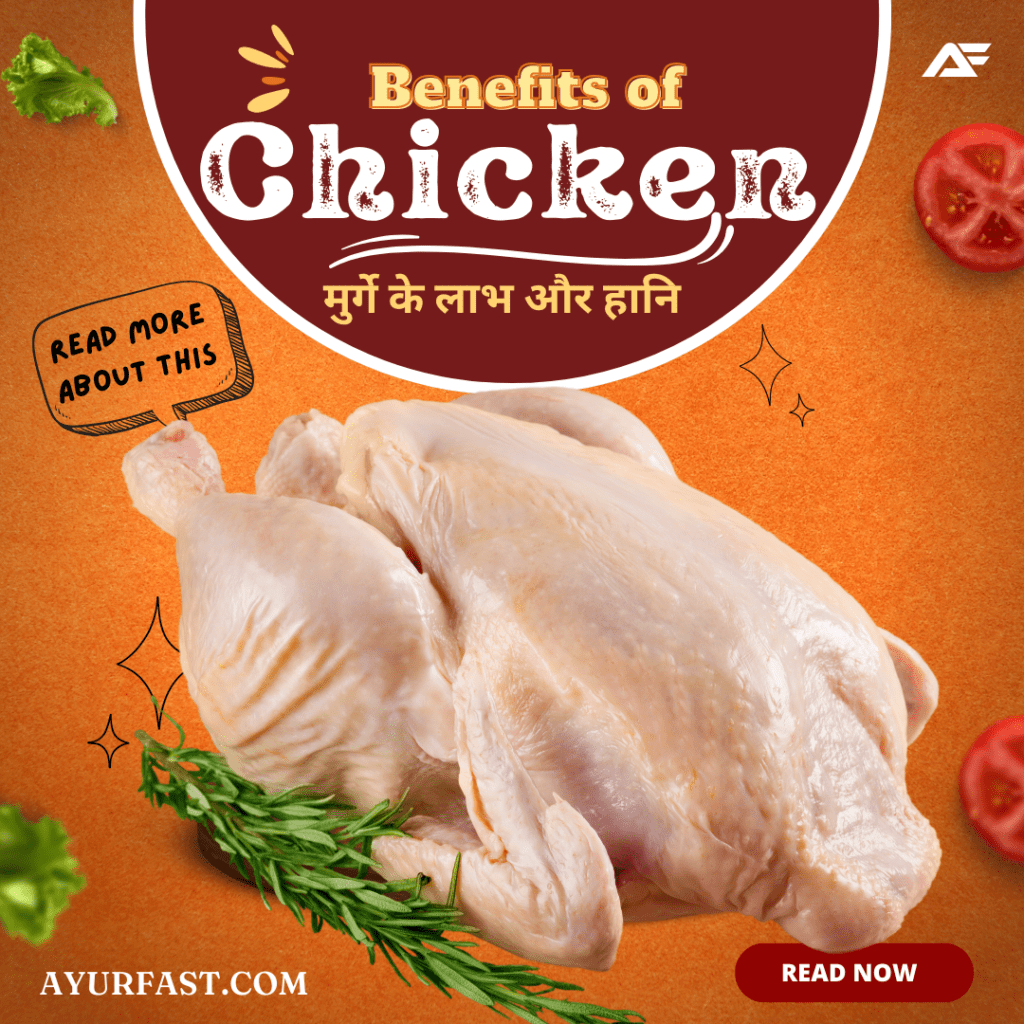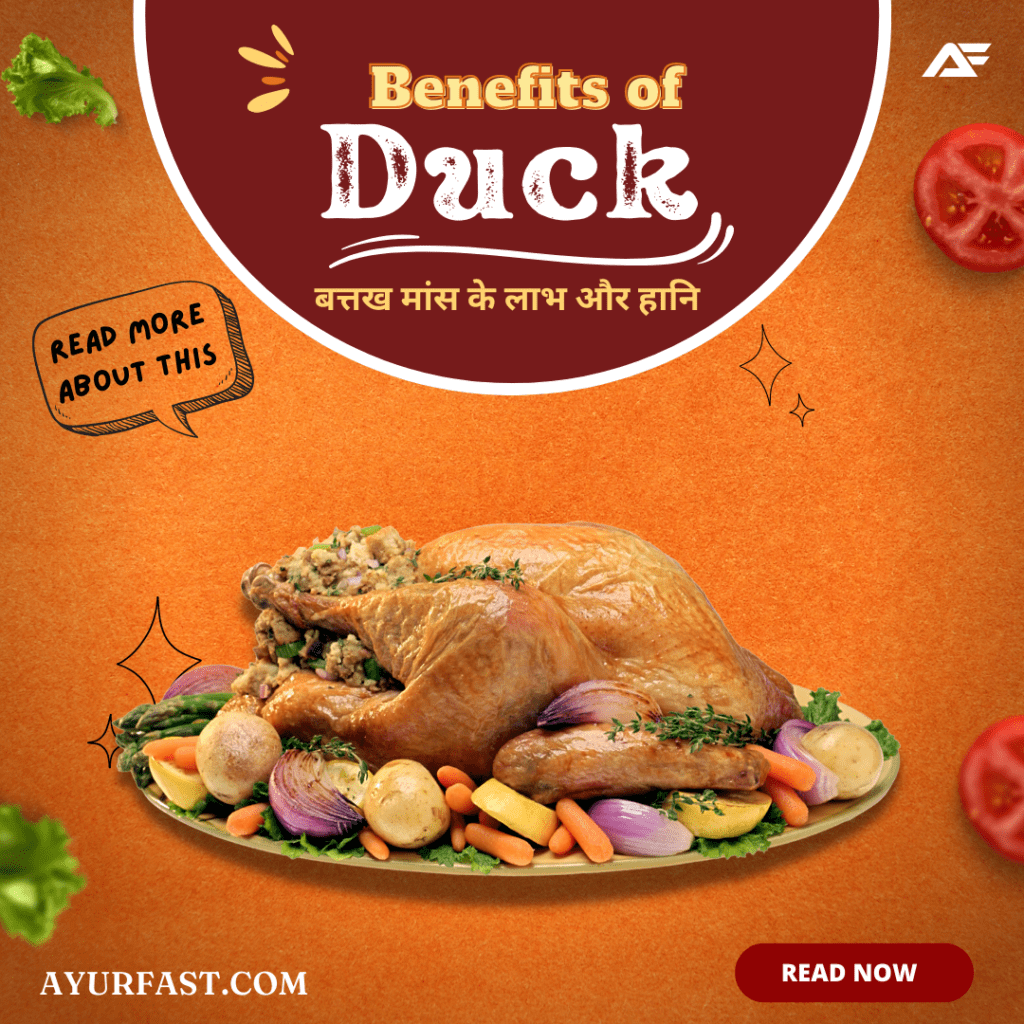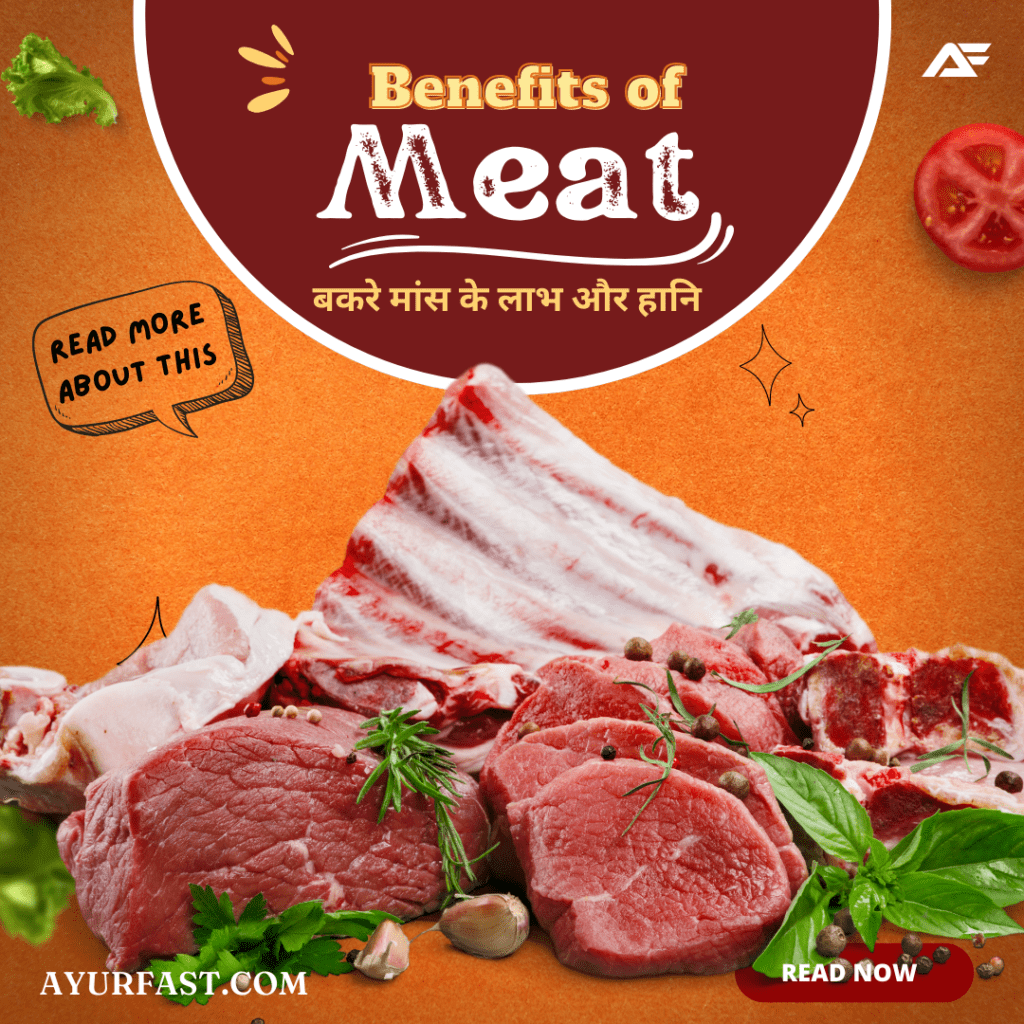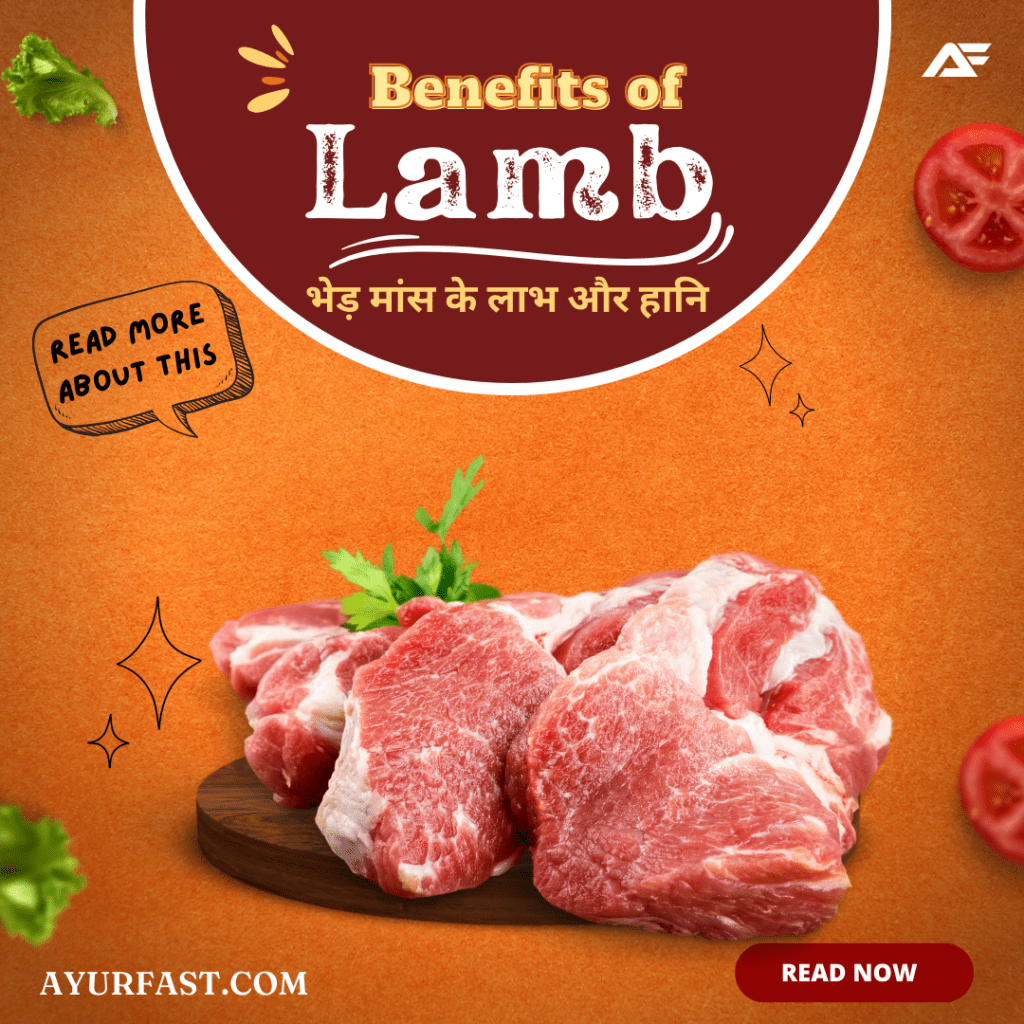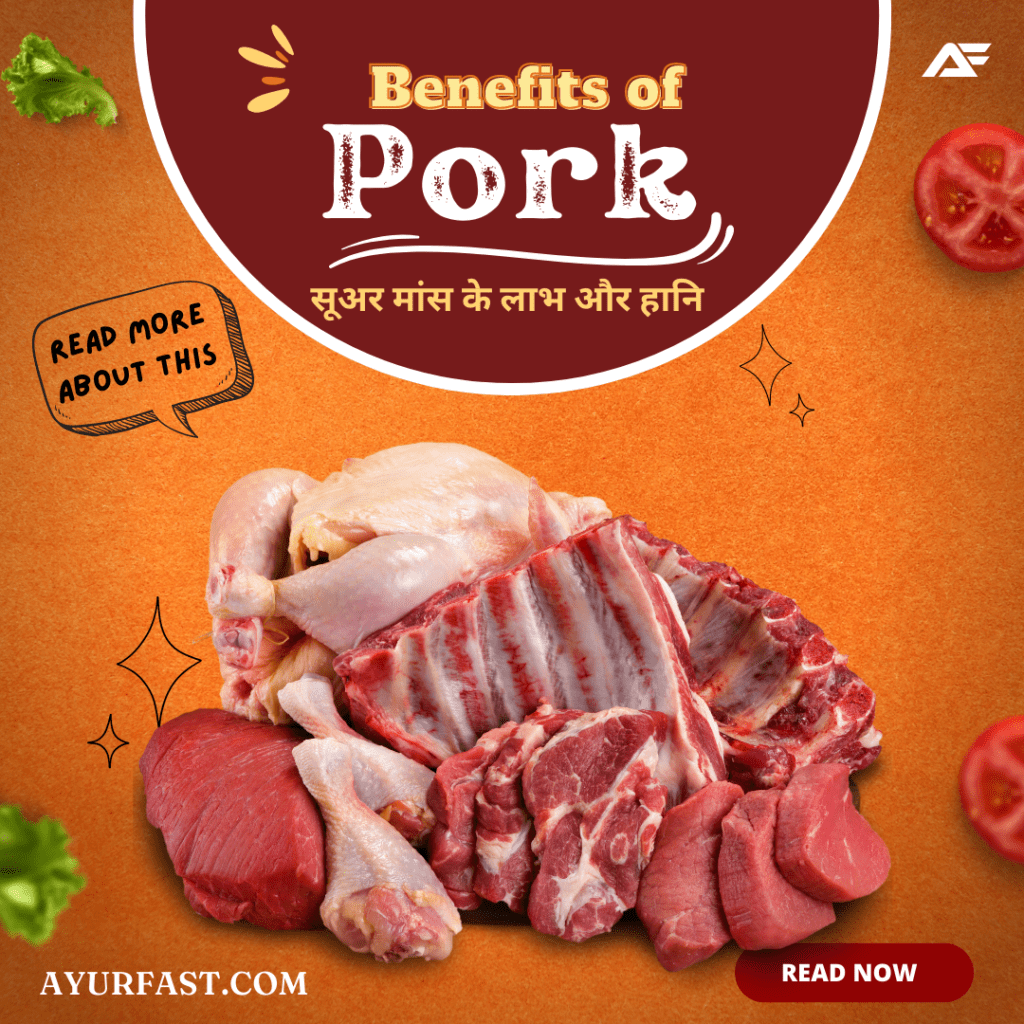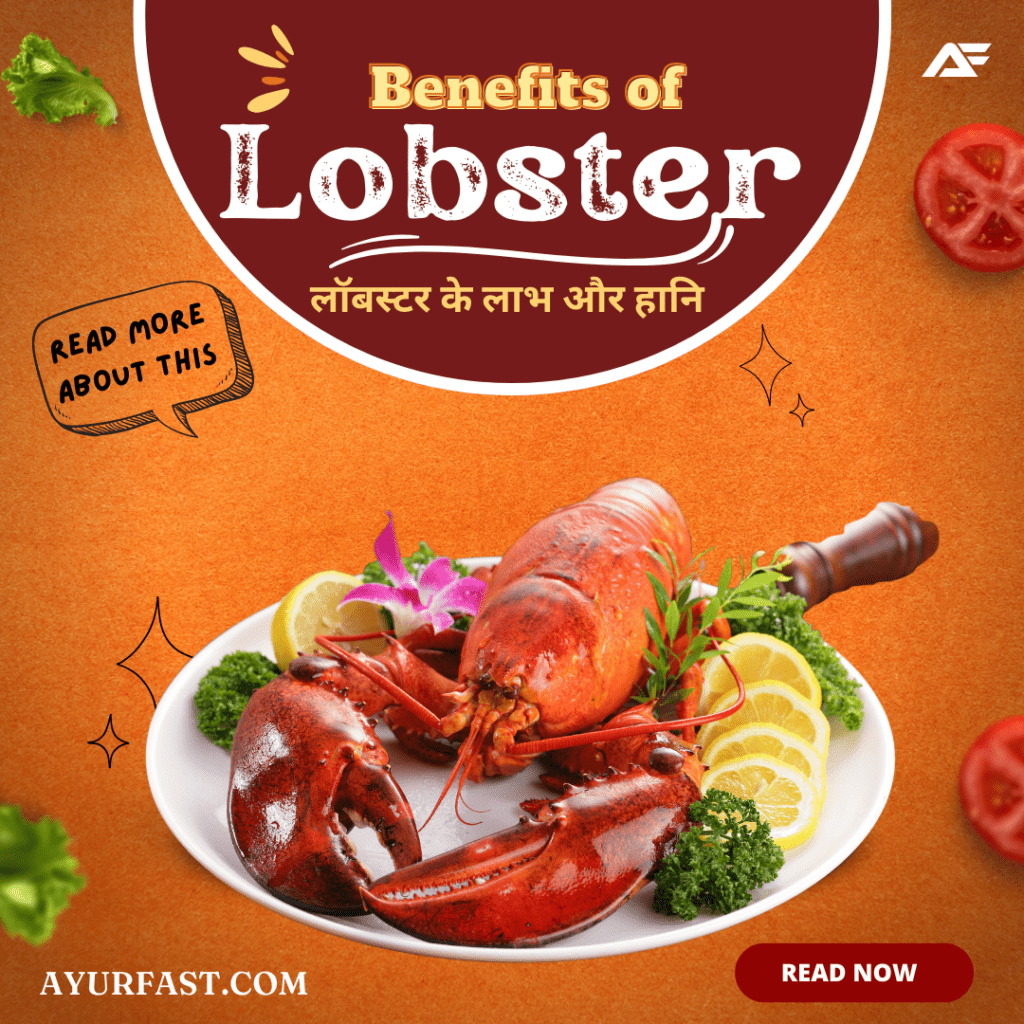About
Octopus is a soft-bodied, eight-limbed mollusk belonging to the order Octopoda. It is an intelligent and highly adaptable creature that lives in various aquatic habitats, including oceans, coral reefs, and shallow coastal waters. Octopus is a popular seafood that is enjoyed in many cuisines worldwide.
Health Benefits of Octopus:
Octopus is a nutritious food that is rich in various vitamins and minerals, such as vitamin B12, iron, and selenium. Here are some potential health benefits of consuming octopus:
-
Good source of protein: Octopus is a rich source of protein, with a 50-gram serving containing about 11 grams of protein. Protein is essential for building and repairing tissues, and it can also help with weight management and blood sugar control.
-
Low in fat: Octopus is relatively low in fat, with a 50-gram serving containing only about 0.5 grams of fat. Consuming low-fat foods can help reduce the risk of heart disease and other health conditions.
-
Rich in vitamins and minerals: Octopus is a good source of various vitamins and minerals, including vitamin B12, iron, and selenium. These nutrients are essential for maintaining good health and preventing nutrient deficiencies.
-
May improve brain function: Octopus contains omega-3 fatty acids, which are beneficial for brain health and may help improve memory and cognitive function.
Health Risks
-
Allergic reactions: Some people may be allergic to octopus and may experience allergic reactions such as itching, hives, swelling, and difficulty breathing. This can be particularly dangerous for individuals with severe allergies and can even lead to anaphylaxis, a life-threatening reaction.
-
Mercury contamination: Octopus, like other seafood, can contain high levels of mercury, which can accumulate in the body and cause harm. Mercury can be particularly harmful to pregnant women and children, as it can affect the development of the brain and nervous system.
-
Food poisoning: Octopus, like other seafood, can carry harmful bacteria such as Vibrio vulnificus and Salmonella, which can cause food poisoning. Symptoms of food poisoning from octopus can include nausea, vomiting, diarrhea, and fever.
-
Choking hazard: Octopus can have a tough and rubbery texture, which can make it difficult to chew and swallow. This can pose a choking hazard, particularly for young children or individuals with swallowing difficulties.
-
Parasitic infection: Raw or undercooked octopus can carry parasites such as Anisakis, which can cause an infection in humans known as anisakiasis. Symptoms of anisakiasis can include abdominal pain, nausea, and vomiting.
List of treatments Of Octopus
-
Octopus salad: Octopus salad is a popular dish made by boiling or steaming octopus, then cutting it into small pieces and tossing it with a variety of vegetables and herbs. Common ingredients include cherry tomatoes, cucumbers, red onions, olives, and fresh parsley, dressed with olive oil and lemon juice.
-
Grilled octopus: Grilled octopus is a flavorful and tender dish that involves marinating octopus in olive oil, lemon juice, garlic, and herbs before grilling it to perfection. It can be served with a variety of sides, including roasted potatoes, grilled vegetables, and salad.
-
Octopus ceviche: Octopus ceviche is a refreshing and light dish made by marinating thinly sliced octopus in lime juice, onions, cilantro, and chili peppers. It is typically served with avocado, tortilla chips, and fresh cilantro.
-
Octopus stew: Octopus stew is a hearty and flavorful dish that involves slow-cooking octopus with tomatoes, onions, garlic, and red wine. It can be served with crusty bread, rice, or pasta.
-
Octopus risotto: Octopus risotto is a rich and creamy dish that involves cooking arborio rice in a flavorful broth made with octopus, onions, garlic, and white wine. It is typically garnished with parmesan cheese and fresh herbs.
-
Octopus pasta: Octopus pasta is a delicious and easy-to-make dish that involves tossing cooked octopus with pasta, garlic, olive oil, and red pepper flakes. It can be topped with grated parmesan cheese and fresh herbs.
Harms of overdose Of Octopus
-
Mercury Toxicity: Octopus, like other seafood, can contain high levels of mercury, which can accumulate in the body and cause harm. Consuming too much octopus that is contaminated with mercury can lead to mercury poisoning, which can cause symptoms such as tremors, memory loss, and nerve damage.
-
Allergic reactions: Some people may be allergic to octopus and may experience allergic reactions such as itching, hives, swelling, and difficulty breathing. Consuming too much octopus can increase the risk of allergic reactions.
-
Digestive problems: Overconsumption of octopus may lead to digestive problems such as stomach upset, diarrhea, and nausea. This is because octopus is rich in protein, which can be difficult to digest in large amounts.
-
Sodium overload: Octopus can be high in sodium, which can contribute to high blood pressure and other health problems. Consuming too much octopus can lead to a sodium overload, especially if it is prepared with added salt.
-
Heavy metal toxicity: Octopus can also contain other heavy metals such as cadmium and lead, which can be toxic in high amounts. Consuming too much octopus that is contaminated with these heavy metals can lead to heavy metal toxicity and cause health problems.
Energy and Macronutrients Content of Octopus (per 50g serving)
| Nutrient | Amount |
|---|---|
| Calories | 21 |
| Carbohydrates | 0.7 g |
| Fats | 0.2 g |
| Protein | 4.1 g |
| Fiber | 0 g |
| Water | 44 g |
Vitamins Content of Octopus (per 50g serving)
| Vitamin | Amount |
|---|---|
| Vitamin A | 9 IU |
| Vitamin B1 (Thiamin) | 0.01 mg |
| Vitamin B2 (Riboflavin) | 0.05 mg |
| Vitamin B3 (Niacin) | 0.1 mg |
| Vitamin B6 | 0.03 mg |
| Vitamin B12 | 1.4 mcg |
| Vitamin C | 1.7 mg |
| Vitamin D | 0 IU |
| Vitamin E | 0.1 mg |
| Vitamin K | 0.1 mcg |
| Folate | 2.5 mcg |
| Biotin | 1.1 mcg |
Minerals Content of Octopus (per 50g serving)
| Mineral | Amount |
|---|---|
| Calcium | 4 mg |
| Iron | 0.4 mg |
| Iodine | 3 mcg |
| Zinc | 0.3 mg |
| Magnesium | 16 mg |
| Phosphorus | 64 mg |
| Potassium | 152 mg |
| Sodium | 118 mg |
| Chloride | 180 mg |
| Copper | 0.04 mg |
| Chromium | 0 mcg |
| Fluoride | 0 mcg |
| Molybdenum | 3 mcg |
| Manganese | 0.1 mg |
| Selenium | 10 mcg |
What is octopus and how is it used in cooking?
Octopus is a sea creature that belongs to the cephalopod family. It has a unique texture and taste and is used in various cuisines around the world. It can be grilled, boiled, or fried and is often served as a seafood dish.
How do I clean an octopus before cooking?
To clean an octopus, remove the head and innards, then rinse it under cold water. Remove the beak and eyes and peel off the skin. Rinse the tentacles and remove any excess bits.
How long does it take to cook octopus?
Cooking time for octopus varies depending on the size and cooking method. Boiling octopus can take anywhere from 30 minutes to an hour, while grilling or frying can take 10-15 minutes.
Can you eat octopus raw?
Yes, octopus can be eaten raw in dishes such as sushi and sashimi. However, it is important to make sure that the octopus is fresh and properly prepared to avoid any potential health risks.
What are the health benefits of eating octopus?
Octopus is a good source of protein, vitamins, and minerals, including iron, zinc, and vitamin B12. It is also low in fat and calories, making it a healthy food option.
What is the texture of cooked octopus?
Cooked octopus has a tender, chewy texture that is similar to squid. The texture can vary depending on how it is cooked, with boiling resulting in a softer texture and grilling or frying resulting in a slightly crispy exterior.
How do I store leftover octopus?
Leftover octopus should be stored in an airtight container in the refrigerator and consumed within 2-3 days. It can also be frozen for up to 3 months.
What are some popular octopus dishes?
Some popular octopus dishes include grilled octopus, octopus salad, octopus stew, and octopus carpaccio.
How do I know if an octopus is fresh?
Fresh octopus should have a firm texture and a mild, slightly sweet odor. The eyes should be clear and shiny, and the skin should be smooth and shiny.
Can octopus ink be used in cooking?
Yes, octopus ink is used in various dishes for its unique flavor and color. It is often used to add a dark color and depth of flavor to pasta dishes and sauces.


